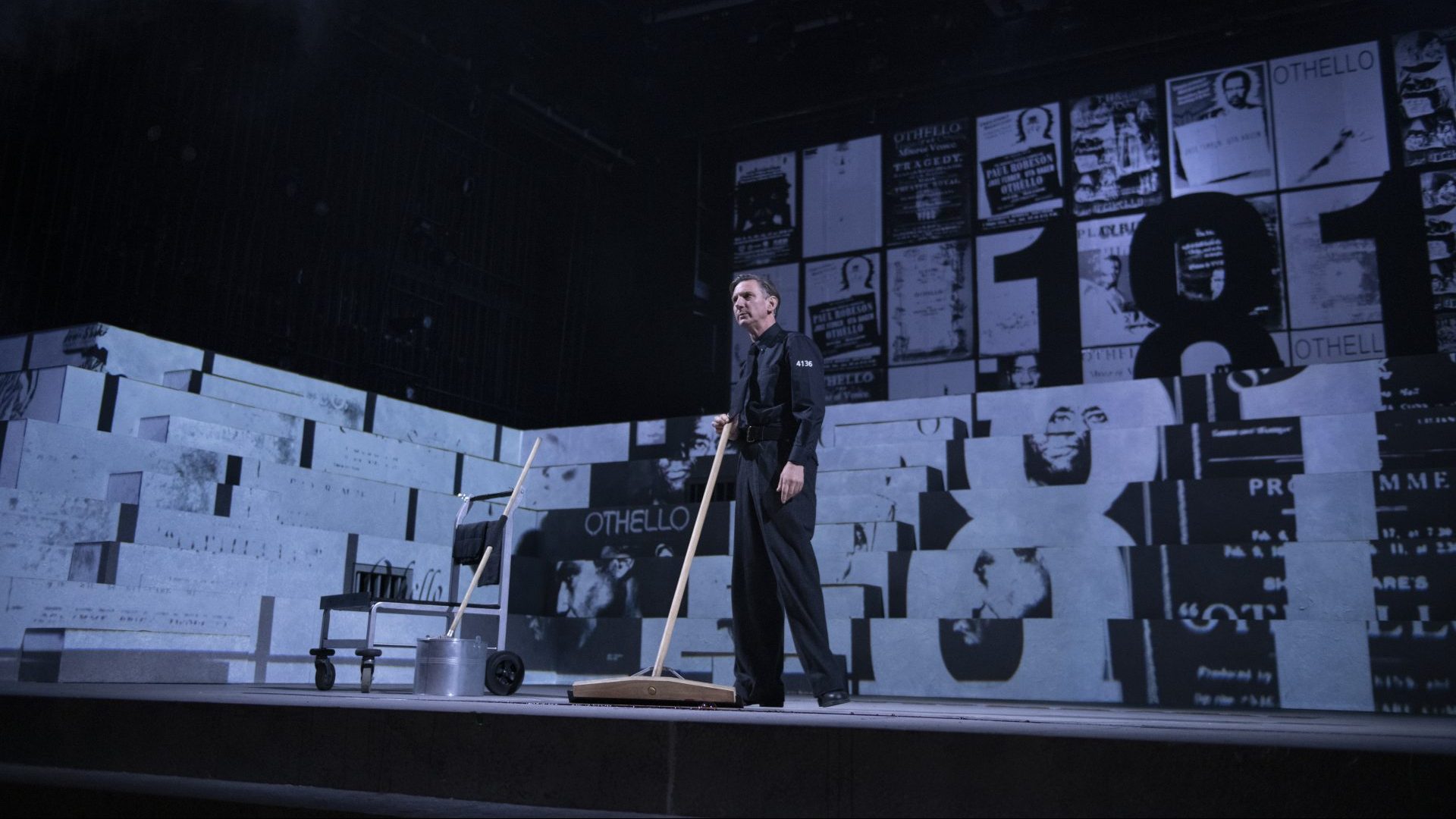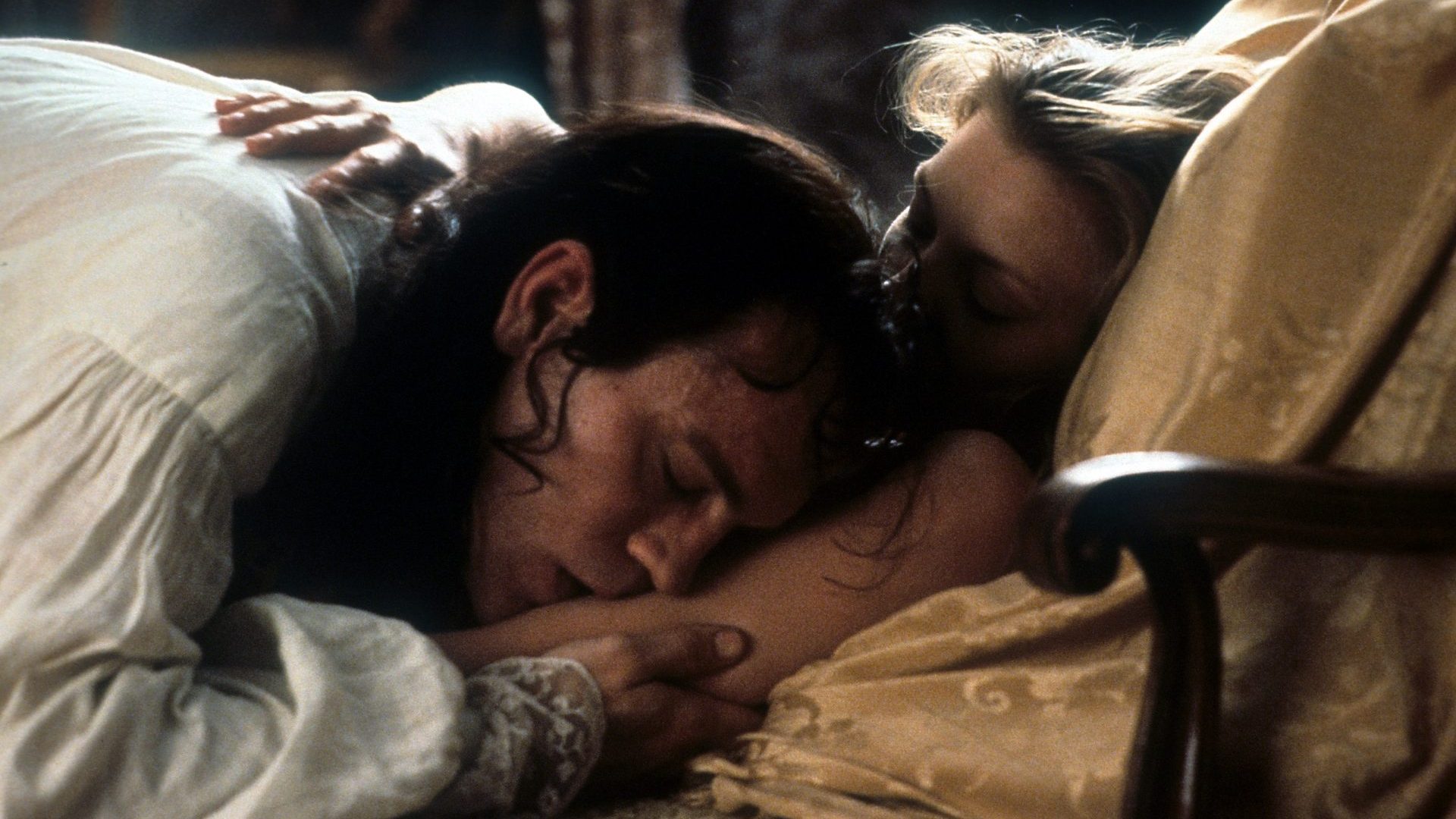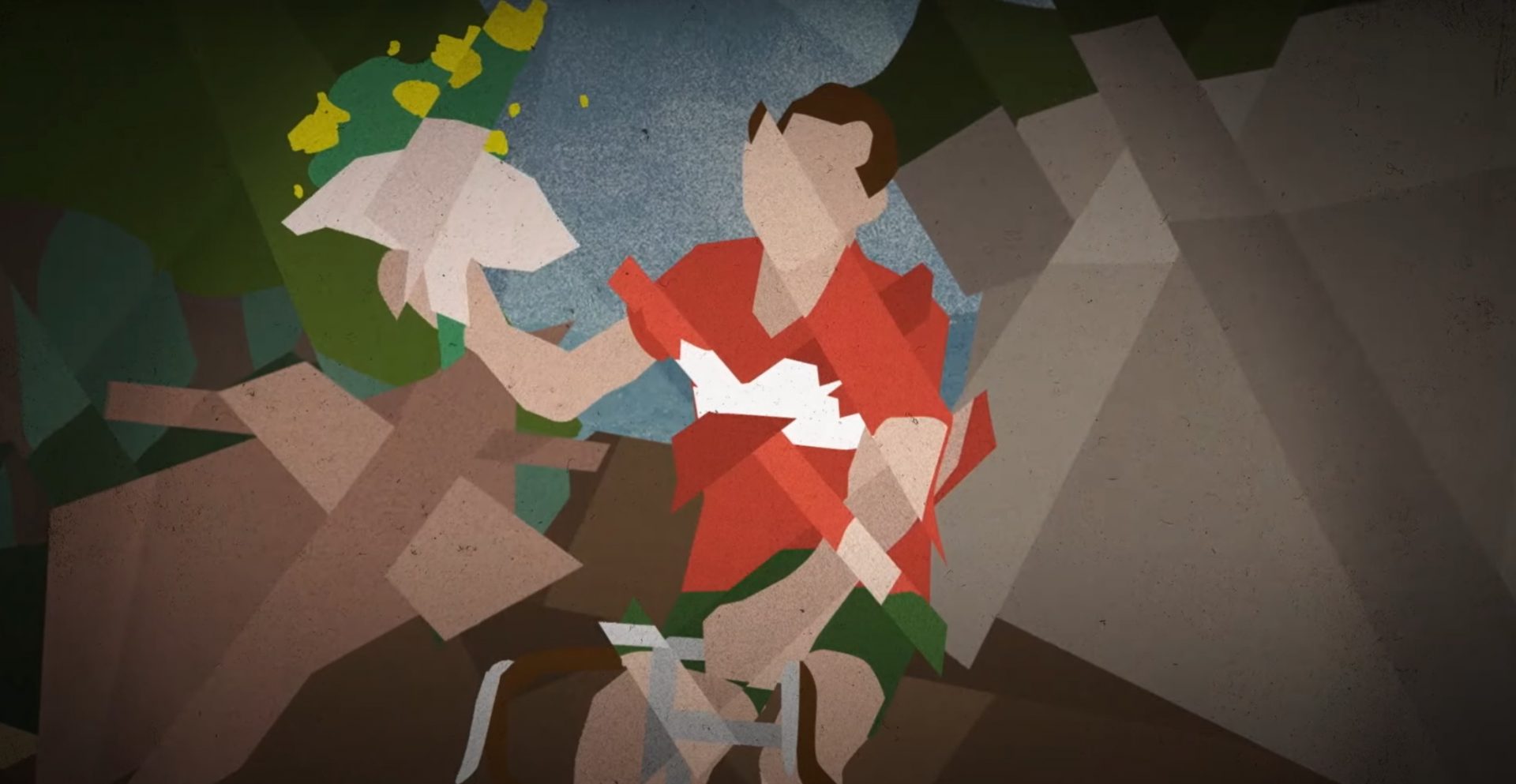Othello
National Theatre, London, until January 21
With a heavy heart, the National Theatre reminds us that Laurence Olivier, its founding father, once wore blackface to play the title role in Othello. There he is among the posters of old productions that adorn Chloe Lamford’s minimalist set.
We should of course be cautious about judging past generations lest future generations judge us. The 60s – when Olivier played the role on stage and later on screen – was a foreign country and they did things differently there.
That old poster reminds us of the journey that theatre, along with the rest of us, is on. Actors should always be allowed to act, and yet there is of course a unique authenticity to be had in seeing actors who know something about what it is to live their roles.
Giles Terera’s Othello is unstartlingly a very real and visceral stage creation, but where this production breaks new ground is having in Clint Dyer a man
of colour also directing. It is genuinely startling and shocking that it’s the first time this has happened at a major venue.
It would be nice to be able to say that this is as a consequence a truly cutting-edge Othello, but in all honesty, it’s not quite that. Terera undoubtedly inhabits the role, but what he lacks – and what Olivier had in abundance – is
stage charisma.
Dyer’s is a faithful adaptation, but there are attempts to contemporise it. The issue of domestic violence is explored through Tanya Franks’ Emilia – clearly a battered wife – but then no one could pretend this hasn’t been an issue since the beginning of time.
There is resonance in the way it shows difference and the way we react to it – so much of this needless to say at the very heart of Brexit – but that’s not exactly a novel sentiment.
The acting is, however, uniformly excellent: Rosy McEwen is a defiant
Desdemona who holds her own against Othello and Paul Hilton has a lot of fun as Iago.
What I suppose it ultimately lacks is any sense of humour, any sense of the
ridiculousness of the human condition; but it is, for all that, constantly involving and entertaining. Its writer – all too often accorded scant mention in reviews these days – is also rather good.




